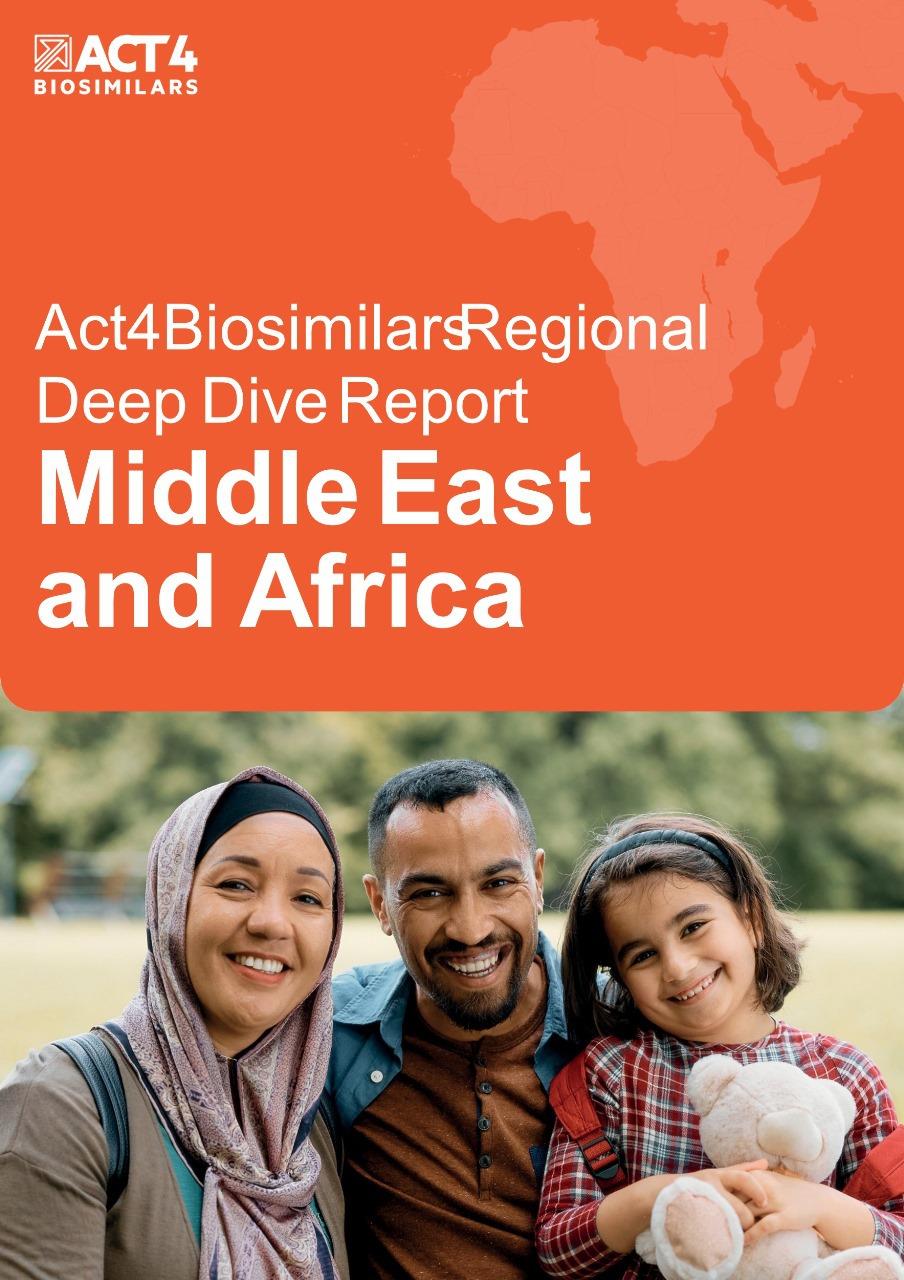
Egypt Pioneering Biosimilar Adoption In Middle East, Africa: Act4biosimilars
The global initiative, founded and sponsored by Sandoz, released its Deep Dive Report for the MEA region, highlighting the challenges and opportunities in biosimilar adoption. Egypt, among other countries, is identified as a key market with the potential to significantly increase access to life-saving treatments.
Biosimilars are highly similar copies of original biologic medicines, offering comparable efficacy and safety but at a lower cost. With $1.6bn worth of biologics set to lose patent protection in the MEA region by 2027, biosimilars present a significant opportunity to improve patient outcomes and reduce healthcare costs.
“Biosimilars are a real game-changer in the way we approach cancer treatment in many countries, including Egypt,” said Professor Hamdy Abdel Azim, MSc, MD, Professor of Clinical Oncology at Cairo University.“They offer a path to providing affordable, high-quality cancer treatments to more patients.”
Abdel Azim emphasized the importance of biosimilars in addressing the financial burden of cancer treatment, particularly in developing countries. He highlighted the rigorous regulatory approval process for biosimilars, assuring patients and healthcare providers of their safety and efficacy.
While progress has been made in biosimilar adoption in some MEA countries, including Saudi Arabia, the United Arab Emirates, and Egypt, the report identifies several challenges hindering broader uptake. These include regulatory hurdles, procurement processes favouring original biologics, and a lack of clear guidelines for healthcare professionals.
Egypt has taken steps to address these challenges, including the establishment of a fast-track registration process for biosimilars and the implementation of a scoring system to differentiate between biosimilars and lower-quality alternatives in procurement.
However, the report recommends further improvements in regulatory frameworks, healthcare professional education, and patient awareness to maximize the benefits of biosimilars.
“Biosimilars are a beacon of hope for patients in countries where biologics are often out of reach,” said Laura Wingate, Executive Vice President of the Crohn's & Colitis Foundation and Act4Biosimilars Steering Committee member.“To fully realize their potential, we need to invest in supporting healthcare professionals with clear guidelines and resources.”
Act4Biosimilars aims to increase global biosimilar adoption by 30% in 30 countries by 2030. The organization will work with stakeholders in the MEA region to implement strategies outlined in its Action Plan, which focuses on improving biosimilar approvability, acceptability, accessibility, and affordability.
By addressing the challenges and capitalizing on the opportunities highlighted in the Deep Dive Report, Egypt can further strengthen its position as a leader in biosimilar adoption and improve the lives of countless patients.

Legal Disclaimer:
MENAFN provides the
information “as is” without warranty of any kind. We do not accept
any responsibility or liability for the accuracy, content, images,
videos, licenses, completeness, legality, or reliability of the information
contained in this article. If you have any complaints or copyright
issues related to this article, kindly contact the provider above.

















Comments
No comment